Nevada National Security Site management company looks to grow its own scientists
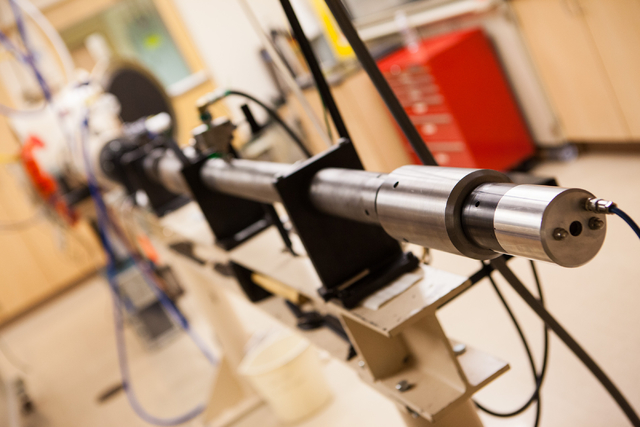
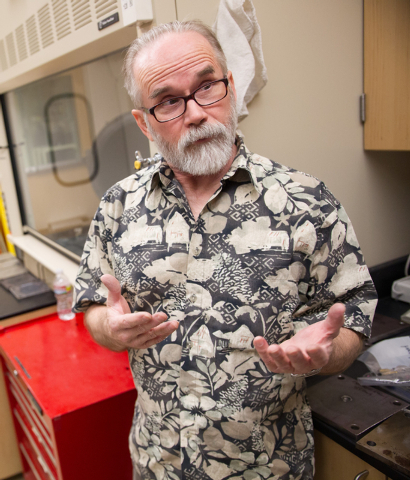

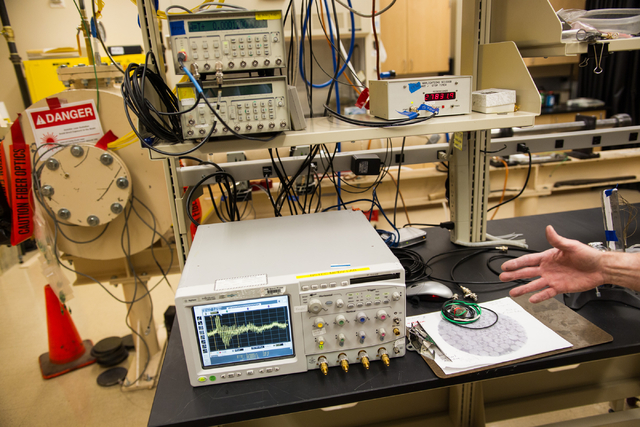
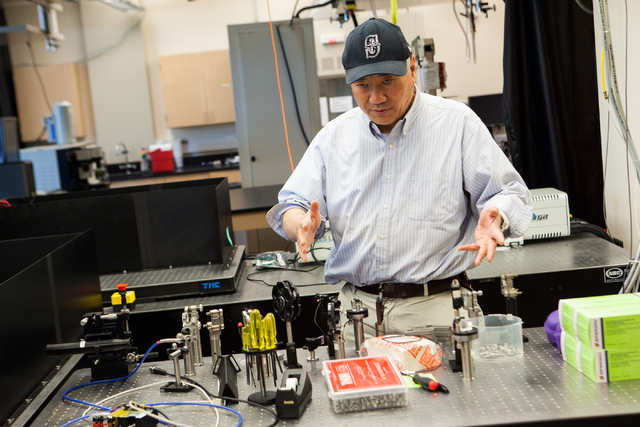
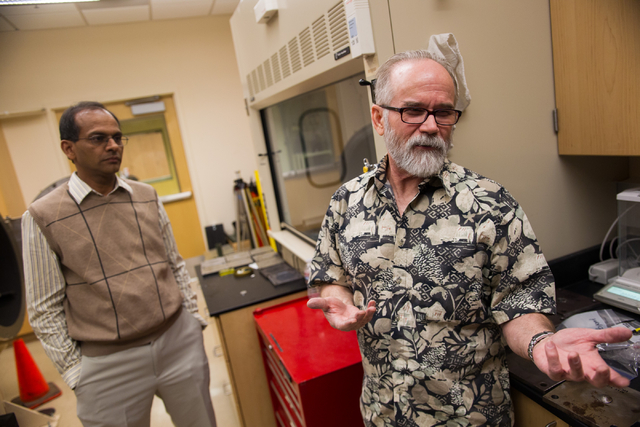
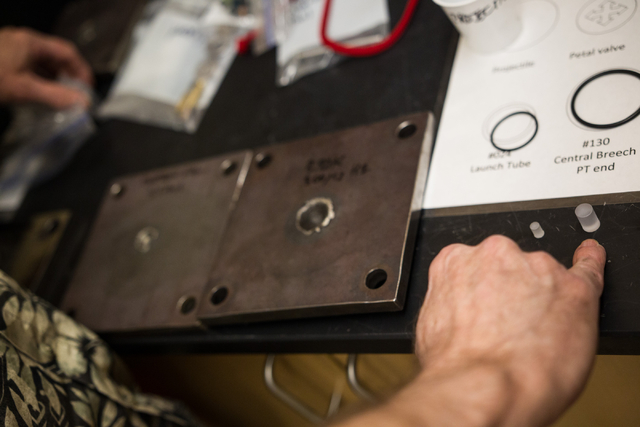
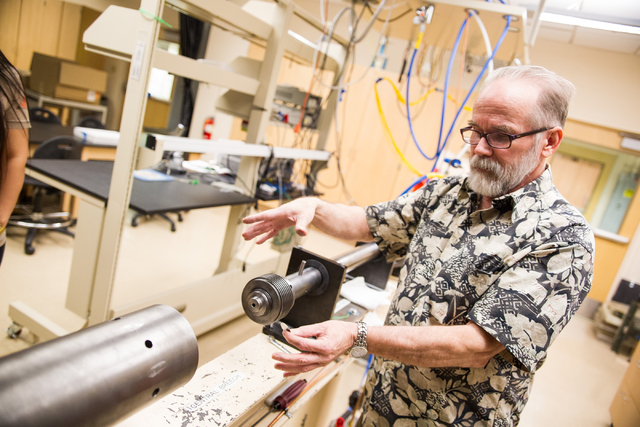
Testing at the Nevada National Security Site may have ended in 1992, but work did not.
Since the Cold War, the site, formerly known as the Nevada Test Site, has focused less on building weapons and more on materials research, maintaining the U.S. stockpile, fighting terrorism and preventing bad guys from getting nukes.
There are jobs available, but not many Nevada-trained scientists to fill them.
So National Security Technologies, known as NSTec, has decided to grow their own. The company manages operations at the 1,360-square-mile federal site, 65 miles northwest of Las Vegas.
To encourage undergraduate students in science, technology, engineering, and mathematics, the company donated $50,000 to UNLV to create scholarships that that will attract top-performing students and promote national-security-related research. The students must be freshmen U.S. citizens with GPAs of at least 3.5. Citizenship is required to work in national security.
“It’s part of our strategy to build this pipeline of people we’re going to need,” said Mike Mohar, deputy director of NSTec’s remote sensing laboratory in Las Vegas.
Mohar said on Monday that it costs $120,000 to hire and relocate out-of-state candidates. He said he would prefer to hire Nevadans, but said the state lacks that workforce.He estimates about 15 percent of NSTec employees in Nevada live in the state before they’re hired, but he would like to see that rise to 30 percent.
NSTec and the university have worked together since the early 2000s. NSTec donated to the Science and Engineering Building, and has supported national security-related research in the colleges through fellowships for graduate and doctoral students and faculty sponsorship. About 10 faculty members are currently working on national-security research.
The company has offered an undergraduate scholarship in the past but is working to focus on students earlier in their career.
“You cannot ignore undergraduate education when you’re talking about grads,” Mohar said.
For one, it’s cost effective to hire undergraduates and send them back for their advanced degrees. Two, it ensures students have the training and security clearances they need.
Security clearances require “soul-baring” interviews, Mohar said, but increase the value of the employee. The certification costs about $60,000.
The partnership promotes UNLV’s goal of attaining Carnegie Tier 1 research status. To do that, the university needs more faculty, more doctoral graduates and higher graduation rates, among other criteria.
Rama Venkat, dean of engineering at UNLV, said NSTec is the largest employer of UNLV grads in science, technology, engineering, and mathematics, or STEM. With 2,800-plus employees, the defense contract firm is one of the largest employers in the state.
“As a company, we are promoting the importance of STEM education to the national security of the U.S.,” said Raymond Juzaitis, president of NSTec. “Our vision is a collaboration between NSTec and UNLV to develop students in scientific, engineering and technical fields at all degree levels, and ultimately transition them directly into the workforce.”
Venkat said the partnership with NSTec has been a prototype for university partnerships and is being replicated with other local companies, such as Bally’s Technologies Inc. and the Cleveland Clinic Lou Ruvo Center for Brain Health.
The UNLV College of Engineering offers about $300,000 in scholarships each year, with $80,000 going to freshmen.
Contact reporter Kristy Totten at ktotten@reviewjournal.com or 702-477-3809. Follow @kristy_tea on Twitter.












